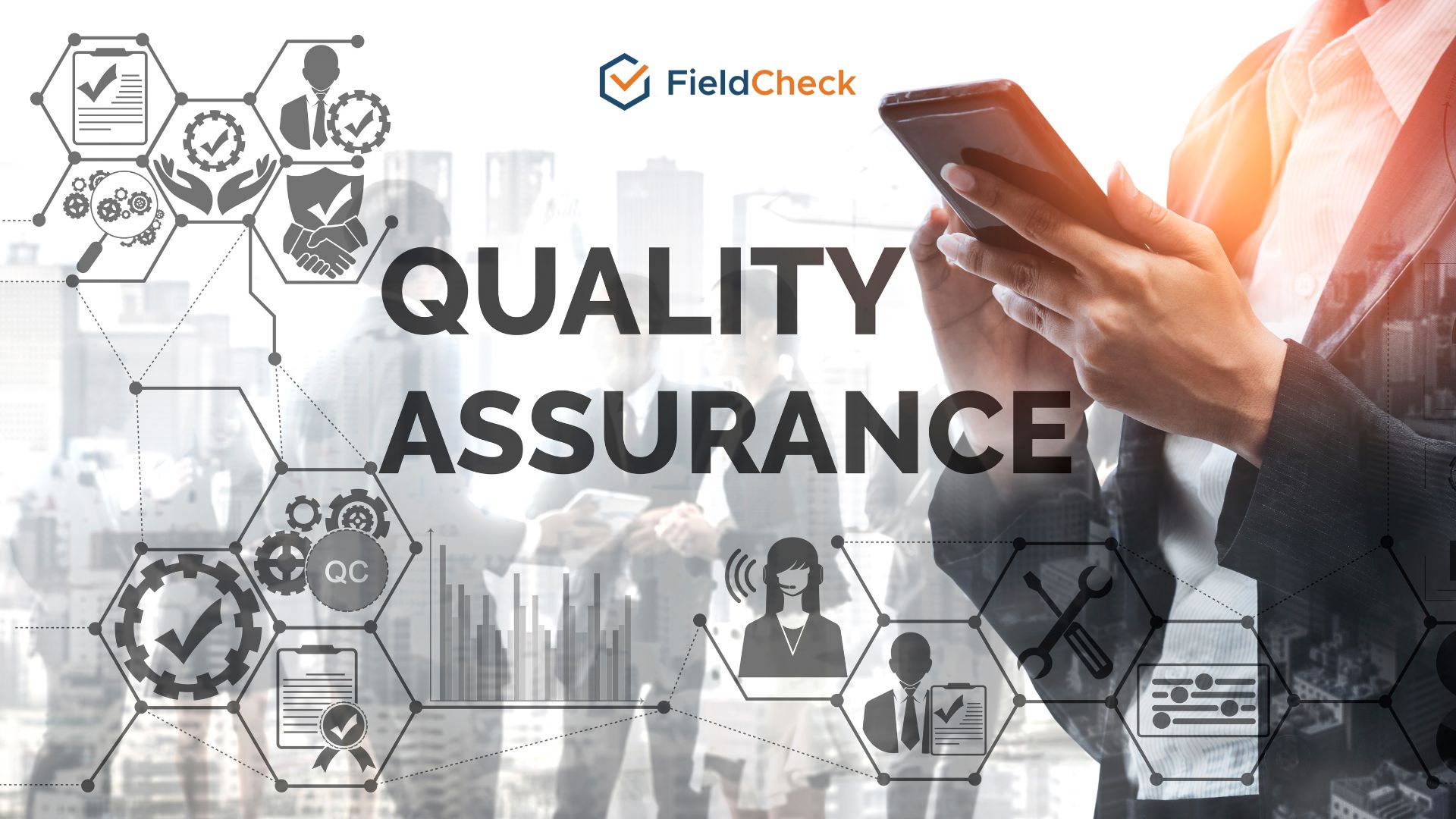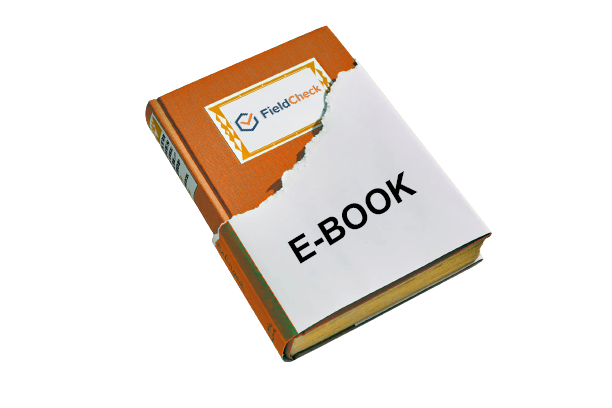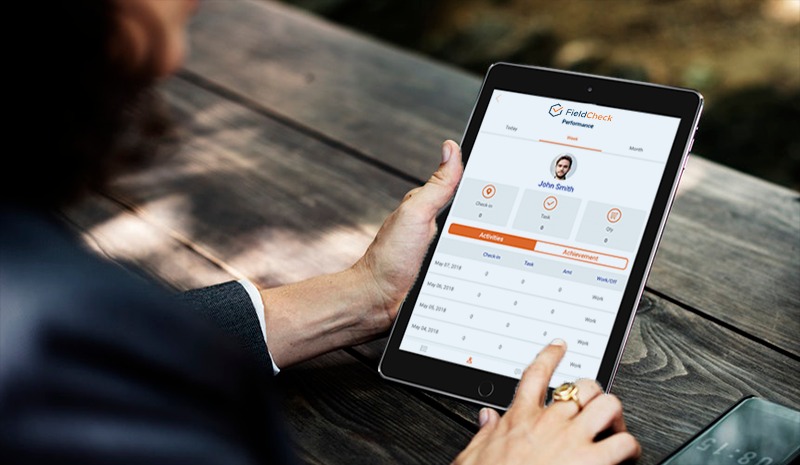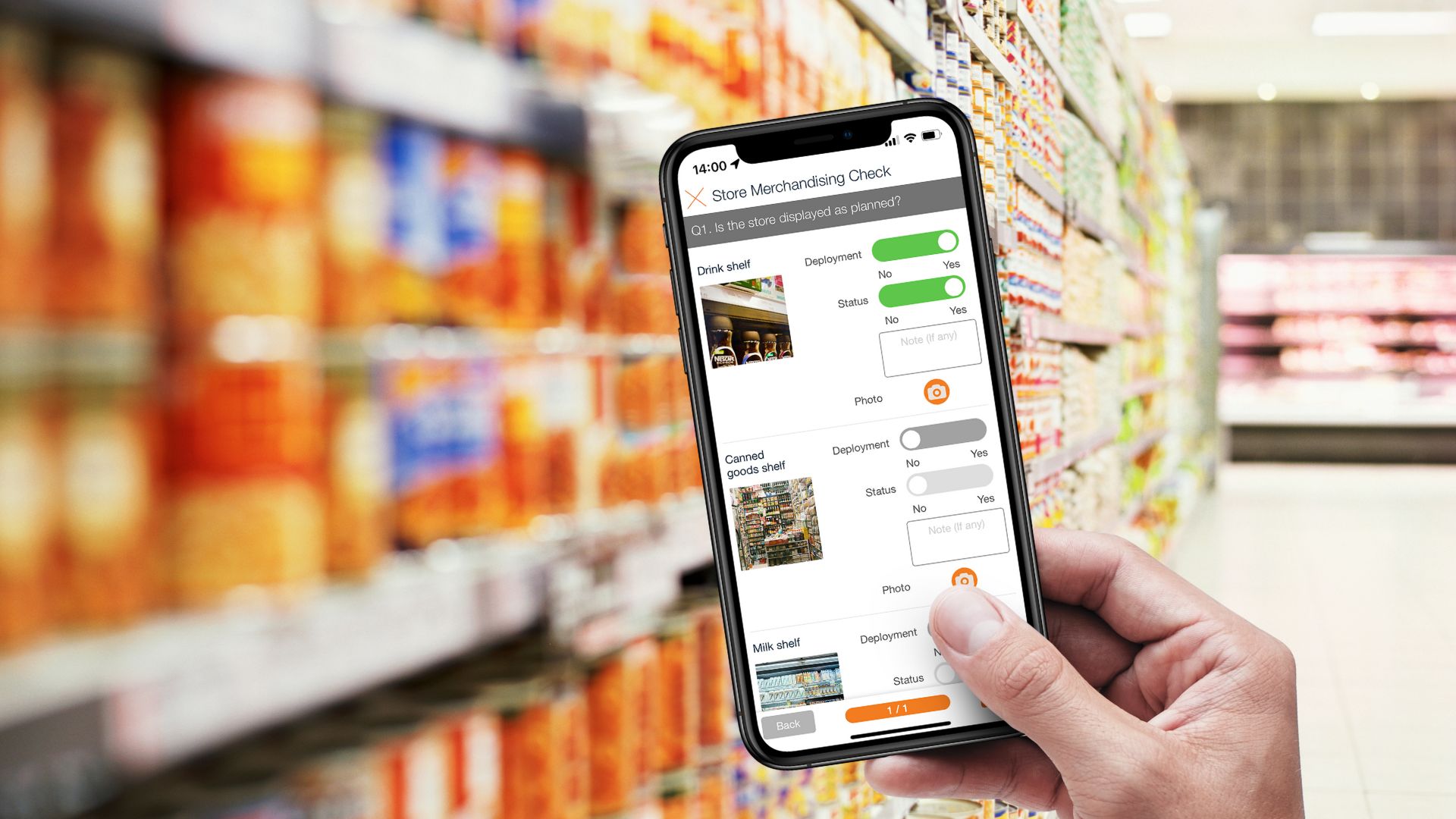What Is ERP Software? Features And Benefits
Effective corporate governance has never been easy for managers. It is the most important element in the business development process. ERP software was born to help administrators run businesses more easily and effectively. Here is some important information about ERP software that business administrators cannot ignore.
What is ERP Software?
ERP (Enterprise Resource Planning) is a software system for enterprise resource planning. ERP software integrates many modern features with diverse functions, suitable for all management needs of enterprises. The software is responsible for meeting the operational needs of the departments quickly, automatically, and consistently.
Applying software to management helps all departments integrate data on a single system. The enterprise's resources are optimized, creating the foundation for rapid and sustainable development.
One of the most important features of ERP software is that it can automatically share information and data between departments without causing an interruption in the operation process.
With ERP software, all departments will work on a unified platform. The application meets work requirements quickly and provides and transmits accurate and effective information. Currently, ERP software is widely applied to create close connections in enterprises. At the same time, it makes the process of exchanging information between departments simpler and faster.
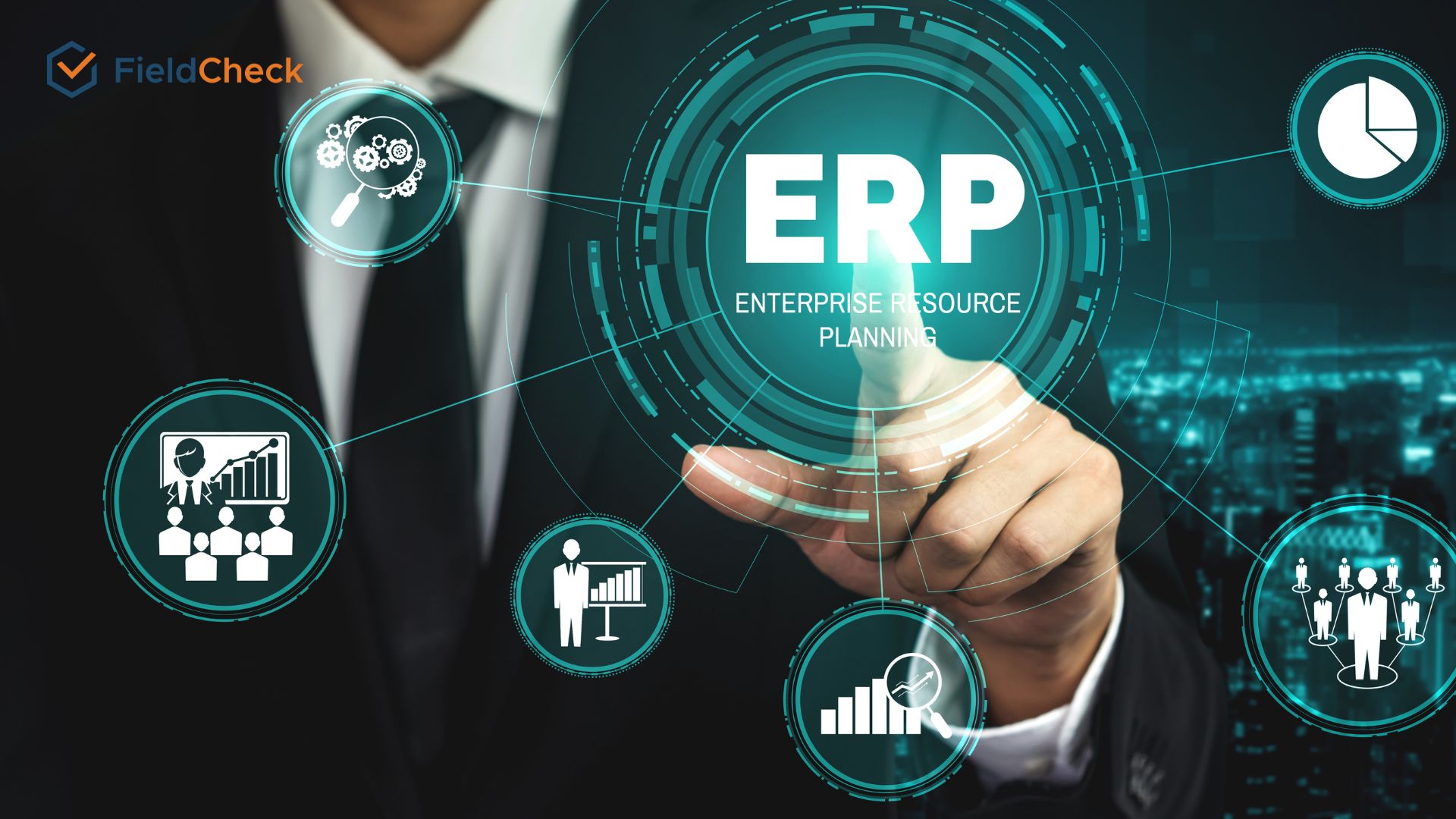
ERP is software system for enterprise resource planning
Features of ERP Business Management Software
ERP software has many outstanding advantages with the following featured functions.
1. Design According to Functional Module System
The software integrates many modules with separate functions. The application helps to handle specific businesses according to each specialization. The application handles each department's specific needs quickly and efficiently.
1.1. Finance - Accounting Module
Businesses choose this first function when applying ERP software in management. The finance-accounting (FICO) module of the software has many outstanding features, such as:
- Debt control
- Financial planning
- Financial payment
- In-depth, multi-dimensional reporting
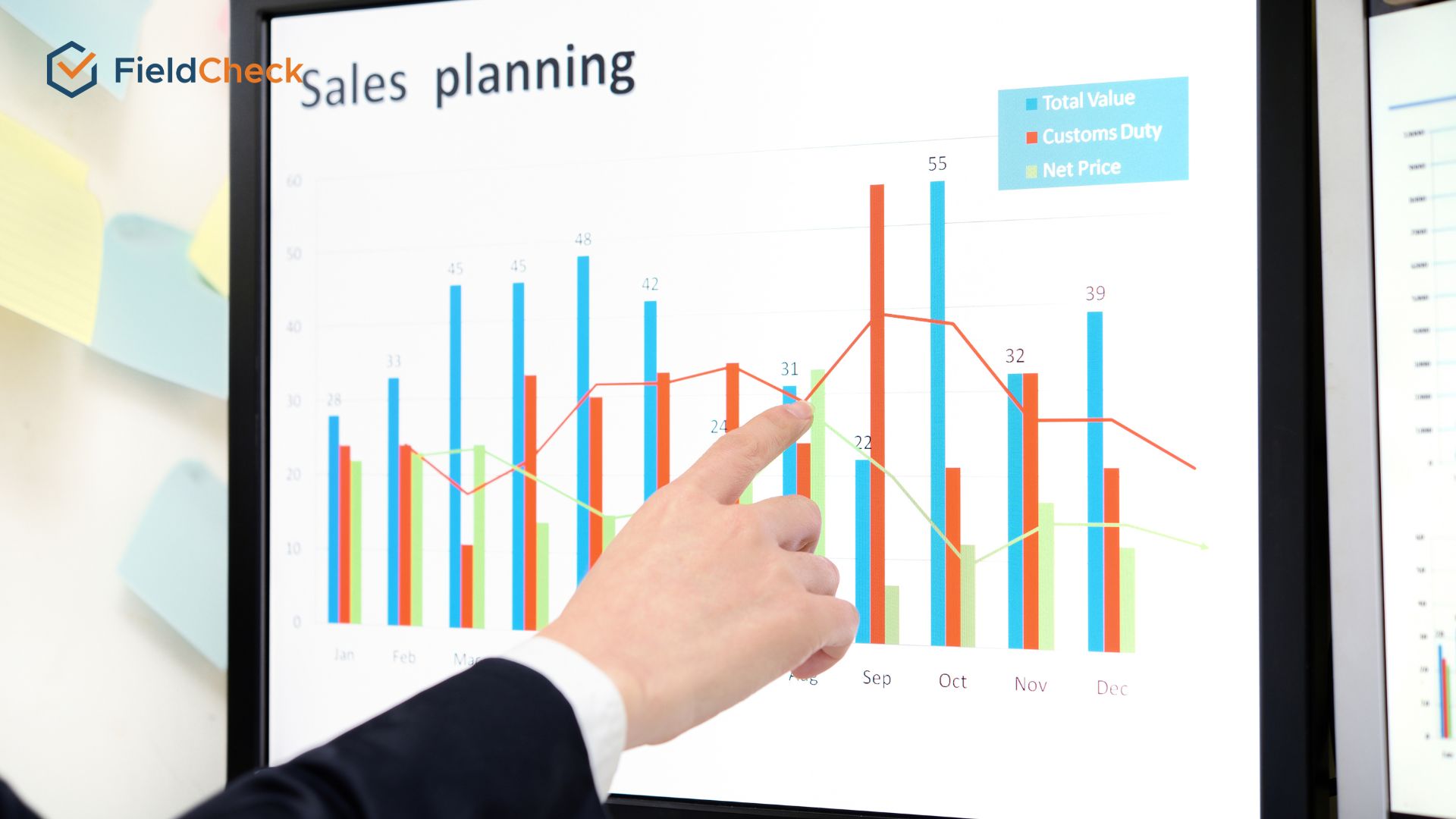
ERP helps businesses make plans
1.2. Purchase Manager
The software performs functions such as:
- Create a new, approved purchase offer
- Create and print invoices
- Manage exchange and return requests
- Track your purchase progress
- Evaluate suppliers and prepare detailed reports.
1.3. Sales Manager
The software module has the function of effectively managing and optimizing sales and business activities for enterprises, including:
- Sales planning, policies, and procedures.
- Order Management
- Business debt management
- Timely notification of items that need adjustment.
1.4. Inventory Management
ERP software supports intelligent warehouse management with functional modules to perform many tasks. These include the following features:
- Set up a list of goods
- Manage inventory by location, expiry date
- Manage inventory levels
1.5. Production Management And Cost Calculation
ERP is installed with the function of managing production-related activities such as:
- Production planning
- Raw material requirements planning
- Design of production stages
- Product quality control
ERP supports product quality control
1.6. Business Project Management
Software to support planning, management, and organization of work. Ensure the project is completed on schedule within the previously approved budget. The project ensures quality and accomplishes the set goals and objectives.
1.7. After Sales Service Management
ERP software supports effective control of warranty activities and after-sales policies. Besides, the application also provides detailed reports. The application allows users to register the repair process and automatically calculate the cost of the service.
1.8. Customer Relationship Management (CRM)
ERP software provides solutions to help potential customers have more confidence in the products and services of the business. Thereby increasing the conversion rate and at the same time bringing satisfaction to customers. Some of the main functions include:
- Marketing campaign management
- Manage sales opportunities
- Manage PG team and market staff
- Manage potential customers.

ERP software provides sales team management solution
2. Tightly Integrated Functions
ERP software has a tight connection between features. All information stored on the application is inherited and ensures synchronization throughout in real-time.
3. Accurate Analysis and Evaluation
This feature is an outstanding advantage of ERP software. Reports are multi-dimensionally analyzed and made timely, thanks to continuously updated data in real-time. It helps managers evaluate business performance and better adjust action strategies.
4. Flexible Structure, Easy Upgrades
The software is custom designed according to the size and characteristics of each business. Whether your company is large or small, production, distribution, commerce, or application services can be upgraded and changed flexibly to suit.
5. Centralized Data Storage
The most outstanding feature of ERP software is centralized data storage on the same system. All data from financial accounting, purchasing, sales, warehousing, etc., are updated continuously.
Any part of the business can use it. Managers can decentralize authority according to the functions and tasks of each individual or department.
Benefits Of ERP Software For Businesses
By applying ERP software in management, employees are the first beneficiaries.
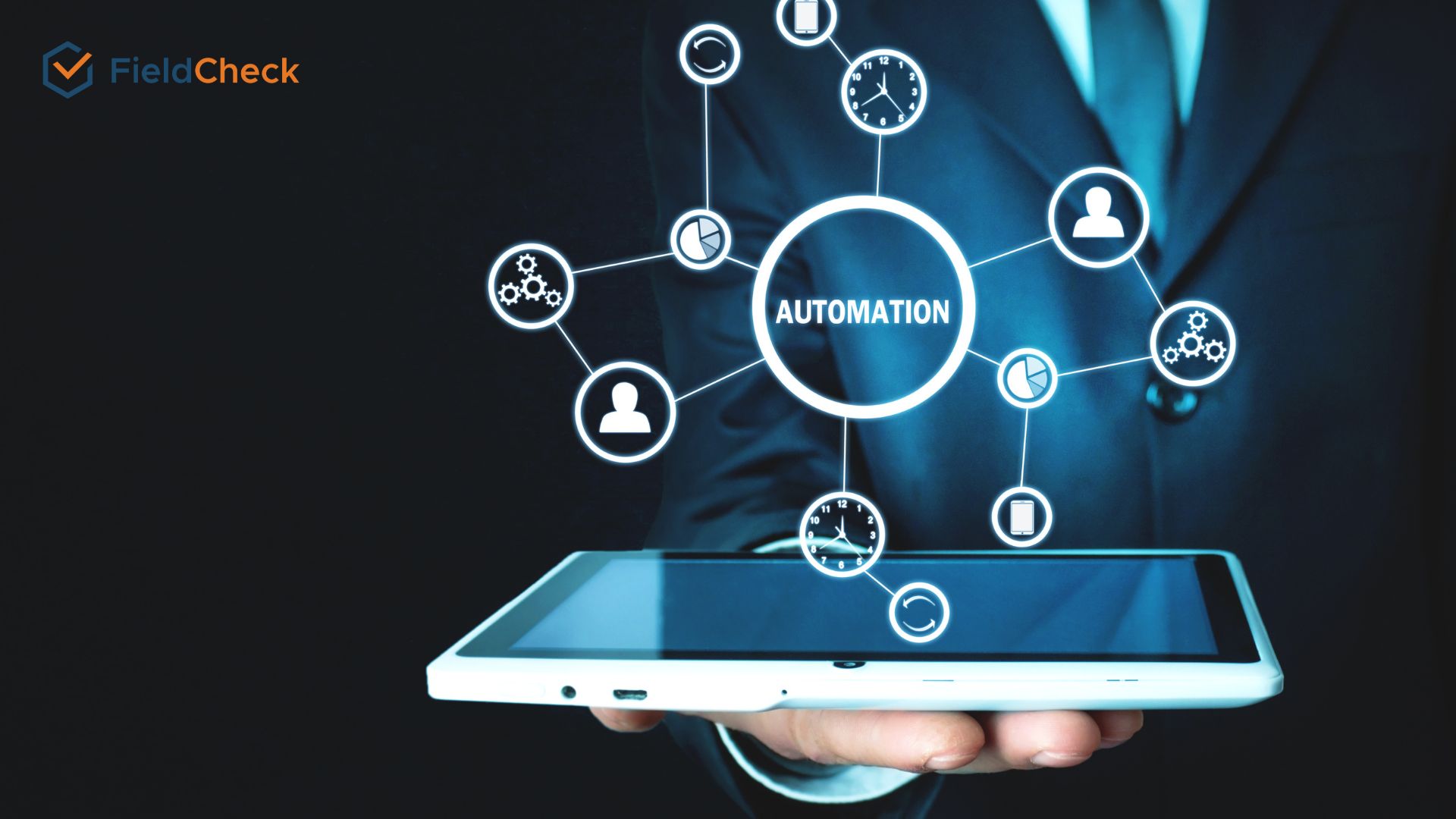
ERP improves work productivity through automation
1. Multi-Step Process Automation
The software can link and automate the multi-step process to help improve work productivity. As a result, employees have more time to optimize professional capacity and training.
2. Data Normalization
The software allows managers to decentralize access rights according to the employee's hierarchy. Through that, you can control information and documents accurately. The process of updating information quickly and scientifically helps to improve work efficiency.
3. ERP Software to Support Production Planning
ERP software helps businesses plan and control production processes. Control time of ordering, supply of goods, raw materials, operating capacity, the quantity of inventory, etc.
The application helps business operations trade smoothly, in the right process, avoiding excess or shortage of goods. At the same time, it helps the statistics and planning for the next period faster and more accurately.
4. Market Analysis And Forecast
The software is capable of accurately updating all information in real-time. Managers track reports of each department on the system quickly.
Thereby capturing data easily, intuitively, and in real-time. From business data, it is possible to analyze business trends and forecast the future, thereby making business strategies from a multi-dimensional perspective, bringing the most optimal efficiency.
5. Professionalizing the Financial Management Process, Accounting
Operations related to finance - accounting are applied in detail on the system. Accountants can handle all data with a few simple operations.
ERP software supports document management and safe books. Avoid damage or loss.
- Save on data management and storage costs.
- Develop professional accounting processes suitable to the characteristics of each organization.
- Process information quickly, automatically, and accurately, with absolute security.
- Continuous financial reporting and management, no need to wait for statistics at the end of the month.
- Perform tax obligations and administrative procedures quickly, and comply with the law.
6. Strictly Control Customer Information
ERP software supports customer information management by storing scientific and detailed information: full name, age, address, phone number, and favorite products;... Through data, employees will advise and support timely and with the right focus. Thereby providing the best experience for customers to trust and choose.

ERP software supports customer information management
Disadvantages of ERP Software
Although it brings many benefits to businesses, the software also has certain limitations.
1. High Cost But Not Fully Satisfying Business Needs
The software requires a large cost but meets a few business needs.
It is not allowed to separate each application to serve different work stages, so the cost is large. Buying an application package leads to a waste of some features that businesses do not use.
Some businesses need to use other specific software to make every process more complete. But ERP cannot integrate with other applications because ERP has been fixed and programmed.
The ERP software structure is cumbersome and rigid. Expensive to use, so businesses need to consider it when using.
2. Slow Deployment Speed Takes Time and Effort
When deploying ERP software applications for business, employees will have to spend a lot of time getting used to it. The process of fully integrating the system is cumbersome, causing time-consuming installation and application completion.
In addition, data backup, security, and recovery also need to be carefully calculated to ensure the smoothest operation of the system.
3. Many Risks In The Process Of Production And Business
Many risks may arise during the use of the software. For example, other application features will be blocked and stalled if a problem occurs at a certain stage.
This manner affects the work of all departments in the company. The price to pay when an application has a problem is that the business stops working before the problem is fixed.

However, risks in production can affect the process of using software
4. Difficult to Upgrade When Business Needs Change
Most ERP solutions are only strong in a certain area and weak in other modules. Enterprises always must change and upgrade technology software to match the market's fluctuations. However, ERP makes it difficult to change new features or update.
5. Cannot Work When Working Remotely
ERP software can only work when employees come to the office to work. Employees cannot take the initiative; businesses fall into a situation of disruption if they perform Work From Home or work remotely.
In this case, businesses need a flexible technology solution with continuous support anytime, anywhere to ensure smooth and efficient operation.
How Does the ERP Management Model Fit for Business?
Enterprises should apply ERP software when in one of the following three situations:
Frequent errors when importing, exporting, and transferring data, including inventory quantity difference, delivery mistakes, and overlapping invoice information. Product/service quality does not meet customer needs, and more.
Enterprises increase rapidly in business transaction volume, expand the scale, and avoid risks. The enterprise management apparatus is cumbersome and inefficient.
Enterprises have large funds available, ensuring they can deploy ERP and operate normally.
FieldCheck can be integrated with the company's ERP system. The managers can use both the solutions to optimize their operations.
